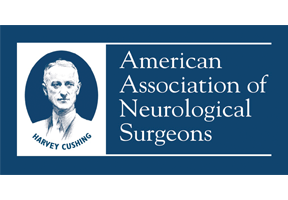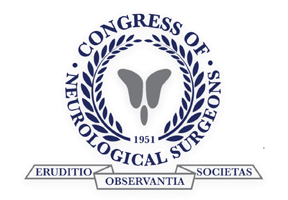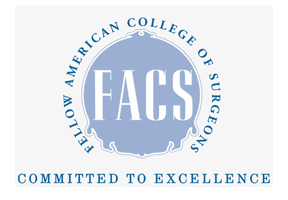When you hear the term essential tremor, you likely picture an elderly person’s shaking hands. But did you know that children can be diagnosed with this condition? Keep reading to discover 5 facts about essential tremor and what to do if you start to notice symptoms.
Essential Tremor Can Affect Multiple Parts of the Body
While shaking hands are one very common sign of an essential tremor, other parts of the body can be affected as well such as a person’s head, legs, trunk, torso, and voice. Depending on your condition, the shaking may be constant or intermittent, and it can easily affect your ability to complete everyday tasks.
Essential Tremor Can Occur Due to a Brain Injury
An injury to the brain can cause an essential tremor to surface due to the inner workings of the brain that controls your body’s movement. However, brain injuries are not the only reason why an essential tremor forms. Other known causes of an essential tremor include:
- Alcohol abuse
- Genetic transfer
- Liver or kidney failure
- Multiple sclerosis
- Neurodegenerative diseases
- Overactive thyroid
- Stroke
Lifestyle Changes May Decrease Essential Tremor Symptoms
There are tremor-inducing stimulants found in caffeine and stimulants. If you lessen your intake of these two elements, your tremor symptoms may decrease. Additionally, if you need guidance on how to manage your tremor, many people have found help through a specialized physical therapist, occupational therapist, or speech therapist, depending on the issue at hand.
Essential Tremor Can Be Disabling, But it is Not Life Threatening
An essential tremor is not life threatening, but many people feel disabled because of their lack of control. They may retreat from certain activities or social interactions due to embarrassment or frustration. Depending on the root cause of your essential tremor, your symptoms may alleviate or worsen over time. That’s why an accurate diagnosis of the underlying cause is essential for treatment.
Essential Tremor Treatment Options are Available
Depending on the severity of your condition and health history, your neurosurgeon can discuss which treatment option is right for you – medication, focused ultrasound, surgery, or lifestyle changes. An essential tremor can be frustrating and lower your self-confidence levels; we’re here to help you regain control.






